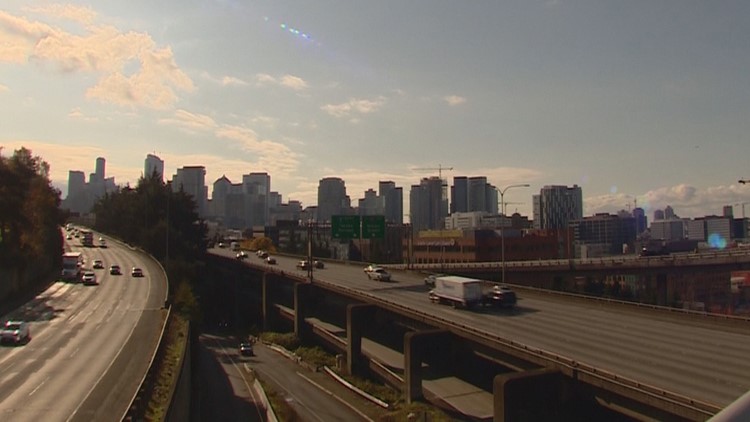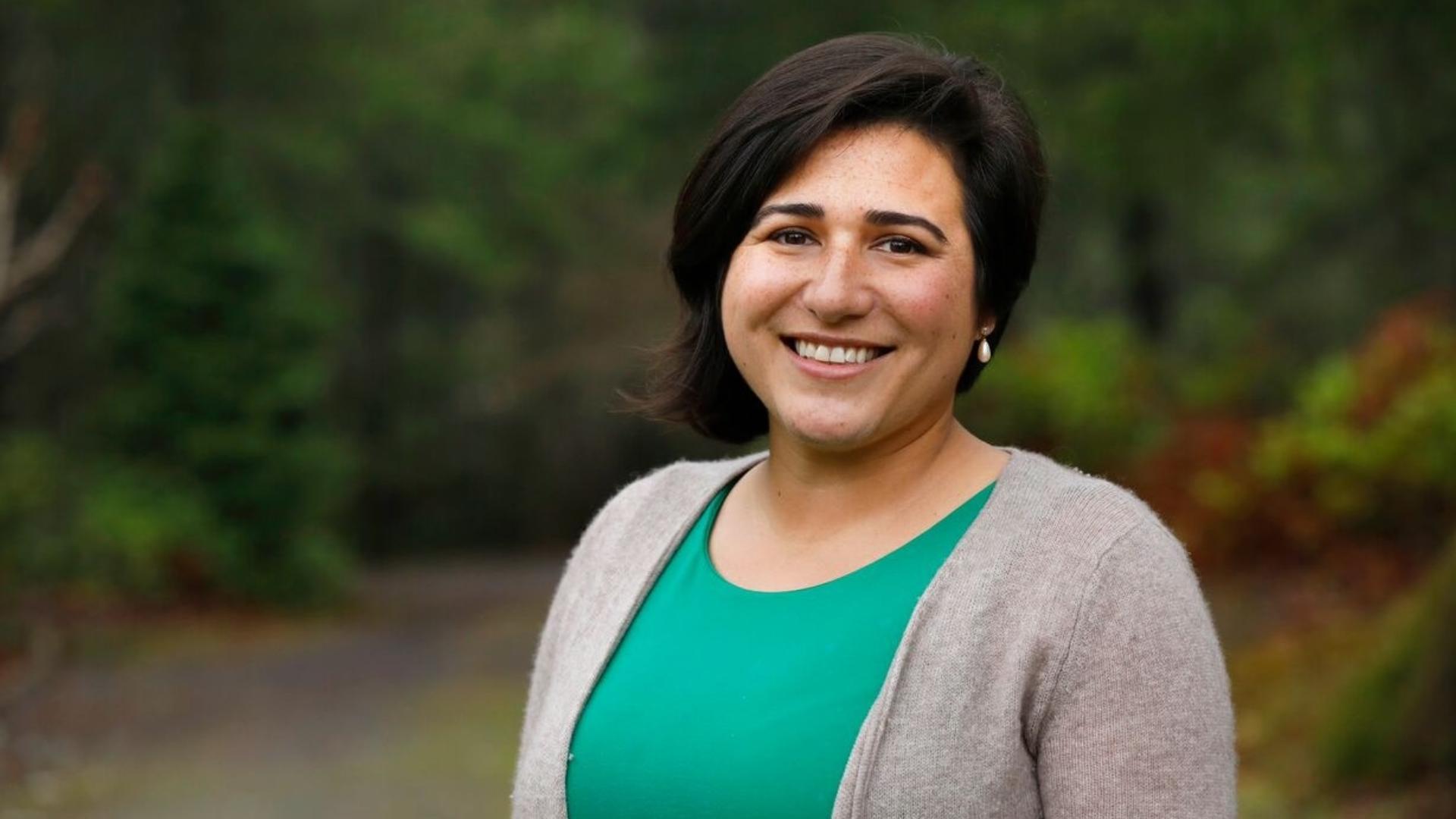Is there a growing divide between urban and rural voters?
It is a common question in the aftermath of Tuesday's midterm elections on a national level, but what can we read here in Washington state?
One may only have to look at a pair of initiatives, which, in their own way, firmly rebuked Seattle-level politics.
Initiative 1631 concerned carbon fees or taxes on polluters and drew the attention of progressive activists. Initiative 1634 was created to prohibit statewide grocery or soda taxes, like the one Seattle approved without a public vote.
Both initiatives did well in Seattle and King County.
I-1631 was approved in the state's largest county by a vote of 57-42 percent, a difference of over 106,000 votes.
However, the ballots outside the county were so overwhelmingly against the measure it ended up losing, at last count by more than 275,000 votes.
Why? Look to the suburban and rural counties.
Sixty-one percent of Snohomish County voted against I-1631, and sixty-three percent of Pierce County also voted against I-1631. Grant County voted 81 percent against, and multiple counties hovered around 70 percent against.
Related | Track election results
I-1634, which could be argued was a statewide referendum on Seattle policy, had a similar reaction.
King County voters rejected the ban by a vote of 55-44 percent. However, the full state flipped the outcome.
Again, Snohomish County voted 60-39 percent to approve the tax ban. Pierce County voted 63-36 percent to approve. Grays Harbor, Mason, Lewis, and Spokane counties were almost 2-1 in favor of the measure. Yakima County was over 70 percent in favor.



